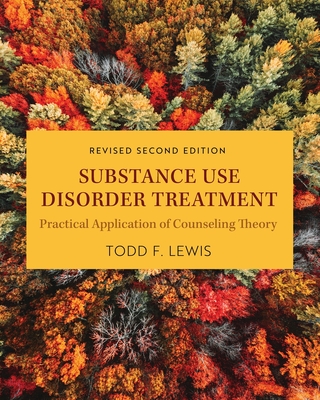
Keels, Micere
Every day, millions of students in the United States go to school weighed down by interpersonal traumas, community traumas, and the traumatic effects of historical and contemporary race-based oppression.
A wide range of adverse childhood events--including physical, verbal, emotional, and sexual abuse; chronic bullying; community or domestic violence; and food and housing insecurity--can lead to a host of negative outcomes. However, when schools provide developmentally supportive responses to these challenges, post-traumatic growth becomes possible.
In Trauma Responsive Educational Practices, Micere Keels
* examines the neurobiology of trauma;
* presents mindfulness strategies that strengthen student self-regulation and extend professional longevity; and
* demonstrates how to build pedagogically caring relationships, psychologically safe discipline, and an emotionally safe classroom learning climate.
Keels also shows educators how to attend to equity and use trauma as a critical lens through which to plan instruction and respond to challenging situations with coregulation.
It's important to understand that trauma is subjective and complex, treatment is not prescriptive, and recovery takes time. This book helps educators support students on that road--not merely to survive trauma but to focus on their strengths and flourish with effective coping skills.







